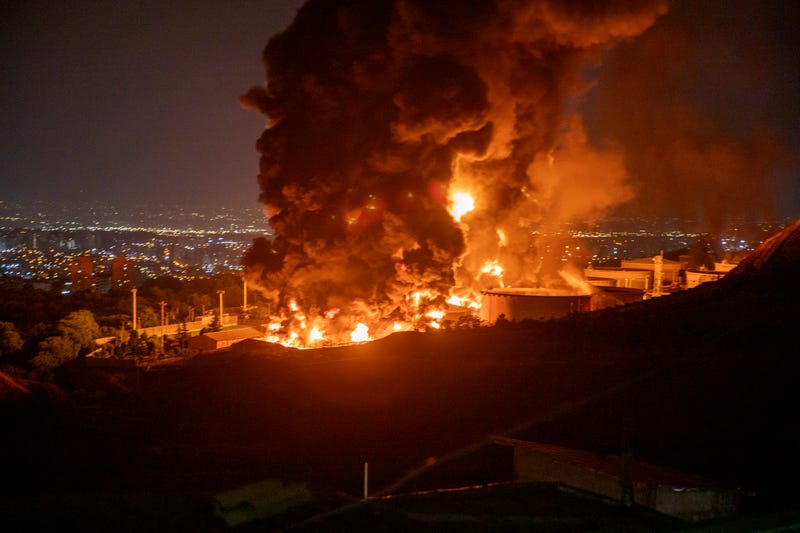
Following a wave of U.S. airstrikes on Iranian targets ordered by President Trump, speculation about the possibility of war, or even a world war, is stirring some public concern.
LSU Political Science Professor Dr. Robert Hogan says the situation, while serious, is not unprecedented and not necessarily a sign of imminent large-scale conflict.
"Throughout recent history, U.S. presidents have used targeted military strikes as a show of force," Hogan explains. "These actions are often meant to send a strong message to those threatening American interests, and don't always turn into ground war."
Hogan says that while the images and rhetoric surrounding the strikes can feel intense, it’s important to remember that most similar actions in the past have not led to full-scale military deployments or global warfare.
"In many cases, this kind of approach is actually used to bring opposing leaders back to the negotiating table," Hogan says. "It’s a form of diplomacy, meant to stop escalation, not trigger it."
He encourages the public to stay informed, but not alarmed.
"There’s still a lot of room for diplomacy in this situation," Hogan adds. "People should remain aware, but there’s no need to panic."
As global reactions unfold, experts like Hogan say the coming days will be important in determining whether the strikes cool tensions or create new diplomatic urgency.

